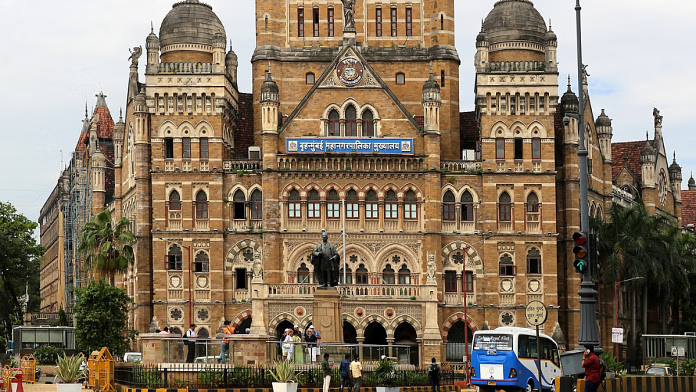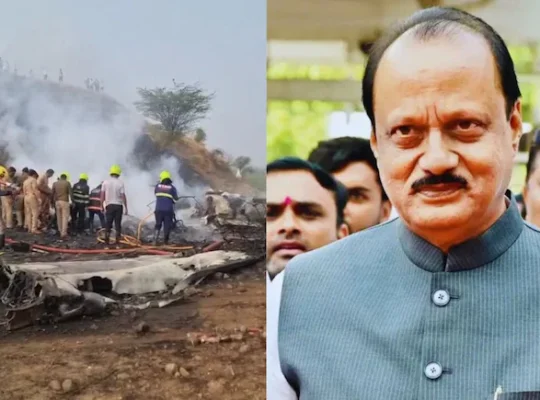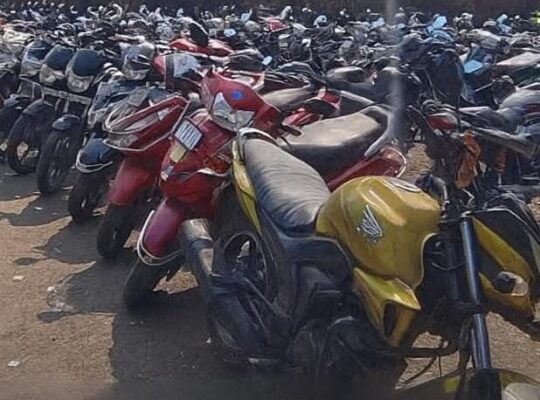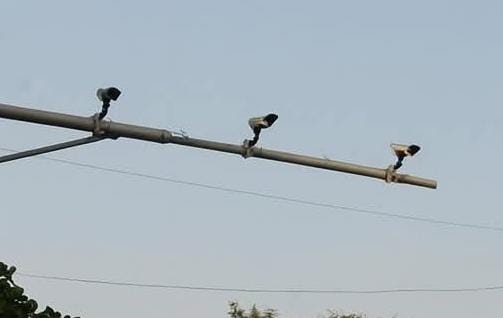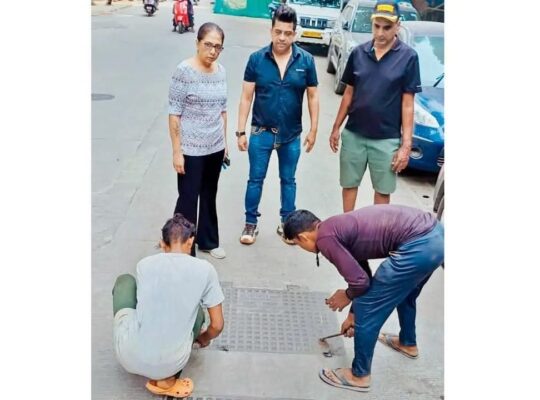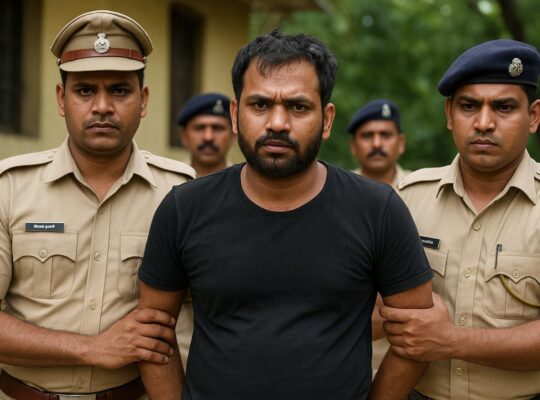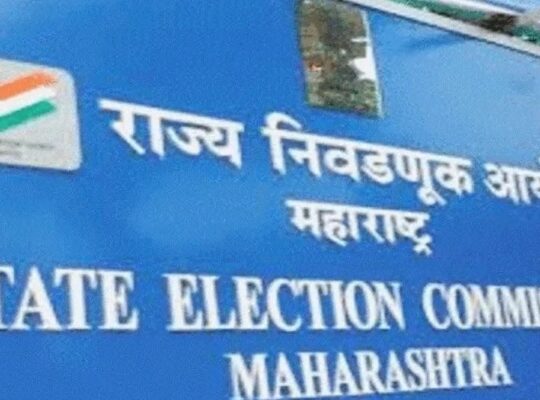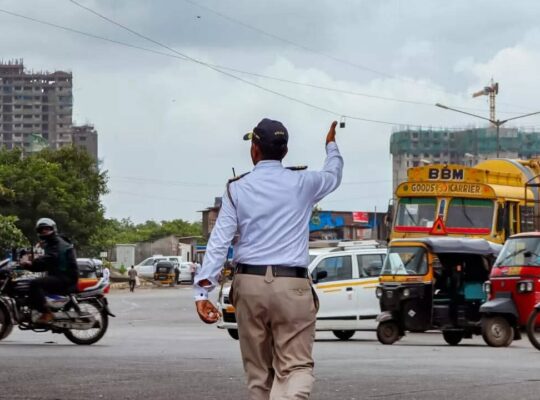Mumbai, May 29, 2025 :-
Mumbai’s first monsoon shower of the season has once again exposed the city’s fragile infrastructure, triggering massive waterlogging, traffic disruptions, and public anger. In response to the backlash, Brihanmumbai Municipal Corporation (BMC) Commissioner Bhushan Gagrani convened an emergency meeting on Wednesday to review the civic body’s monsoon preparedness and issued a series of urgent directives to senior officials.
The heavy downpour on Monday inundated key areas across the city, reviving long-standing concerns about the BMC’s pre-monsoon planning. Political leaders and residents alike voiced strong criticism, questioning the effectiveness of desilting work and drainage upgrades that were supposed to be completed weeks ago.
Emergency Measures Rolled Out
To address the immediate crisis and prevent further disruption, Commissioner Gagrani announced a 24-hour cleanup plan and ordered intensified field-level inspections.
“We cannot afford excuses. Every department must act with urgency. Accountability and coordination are non-negotiable,” Gagrani said during the high-level meeting held at the BMC headquarters. Additional commissioners Abhijeet Bangar and Bipin Sharma, along with senior officials from roads, stormwater drains, disaster management, and solid waste management departments, were in attendance.
Key Directives from the Commissioner:
•Pumping Stations & Mobile Systems: All fixed and mobile pumping stations must be fully operational within 24 hours. Officials have been instructed to check these every two hours and report directly to the Disaster Management Cell.
•Flood Control Gates: Floodgates at major dewatering centers including Haji Ali, Lovegrove, and Britannia must be installed and tested for functionality. Updates are to be shared in real-time with the central control room.
•Desilting and Drainage Maintenance: All pending desilting work is to be completed within the next eight days. Special attention is being given to chronic flood-prone areas and newly identified waterlogging hotspots.
•Roadwork and Debris Removal: Contractors have been ordered to clear all construction debris, barricades, and loose materials from public roads within 24 hours. Unfinished roads must be temporarily patched using mastic asphalt to ensure vehicle movement is not hindered.
•Tree Pruning: Ward officers are to finish tree-trimming operations immediately to prevent hazards during storms and prevent road blockages.
Public Reaction and Political Pressure
The failure of basic civic services after the first spell of rain has reignited debates over the BMC’s annual pre-monsoon drills. Critics argue that the same cycle of waterlogging and last-minute firefighting repeats every year, despite increased spending and high-level reviews.
“Mumbai deserves better than this,” said one commuter stuck in knee-deep water near Sion. “Every year it’s the same story. Where does all the tax money go?”
With more rainfall forecast in the coming days, the civic body faces intense pressure to execute its plan swiftly. Gagrani has warned of strict disciplinary action against officials who delay compliance with the new directives.
A Familiar Battle, Once Again
Mumbai’s struggle with monsoons is nothing new—but this year, with increasing scrutiny from both citizens and watchdog groups, the BMC’s actions over the next few days could set the tone for the entire season. As the skies darken once again, all eyes are on the city’s civic machinery—and whether it can finally weather the storm.

